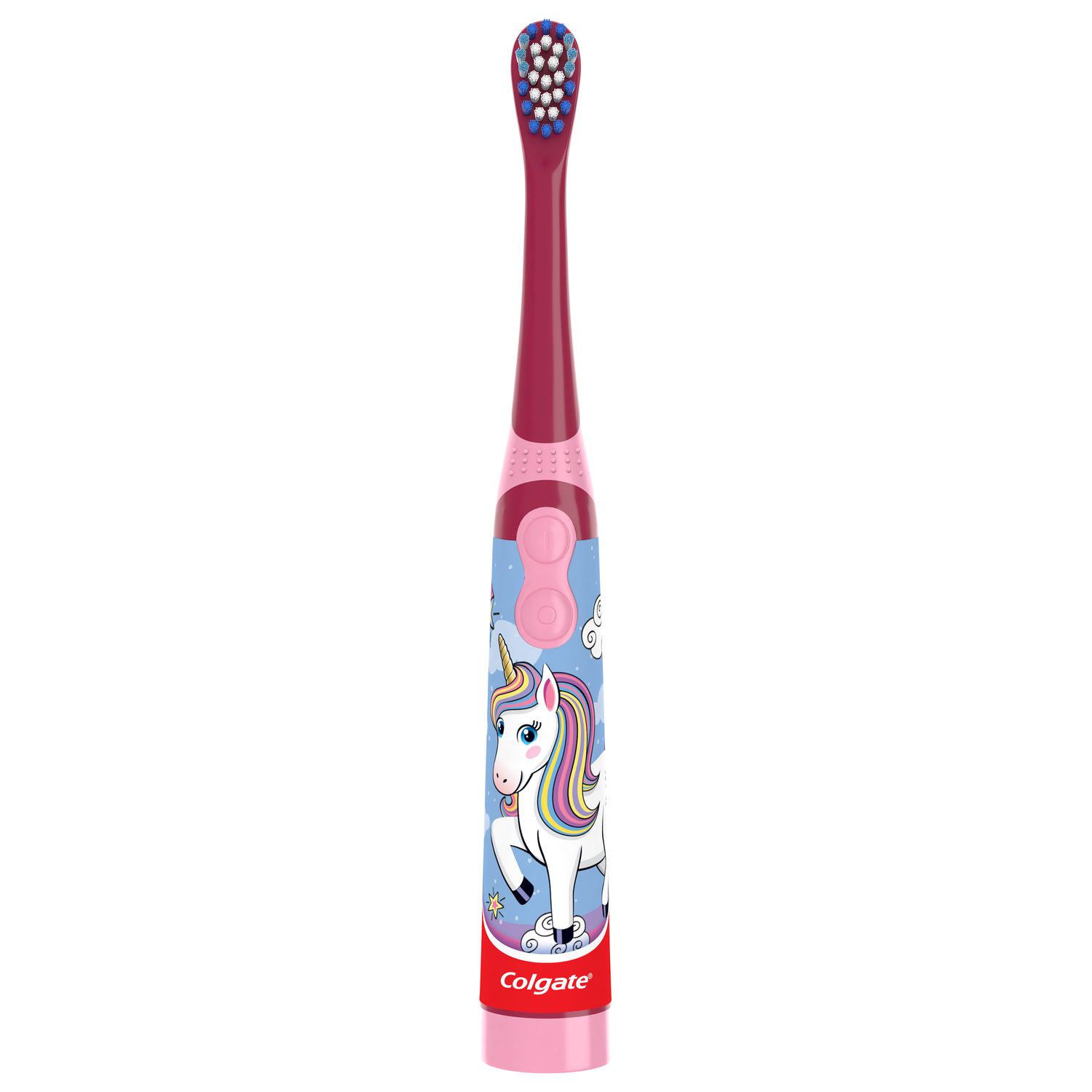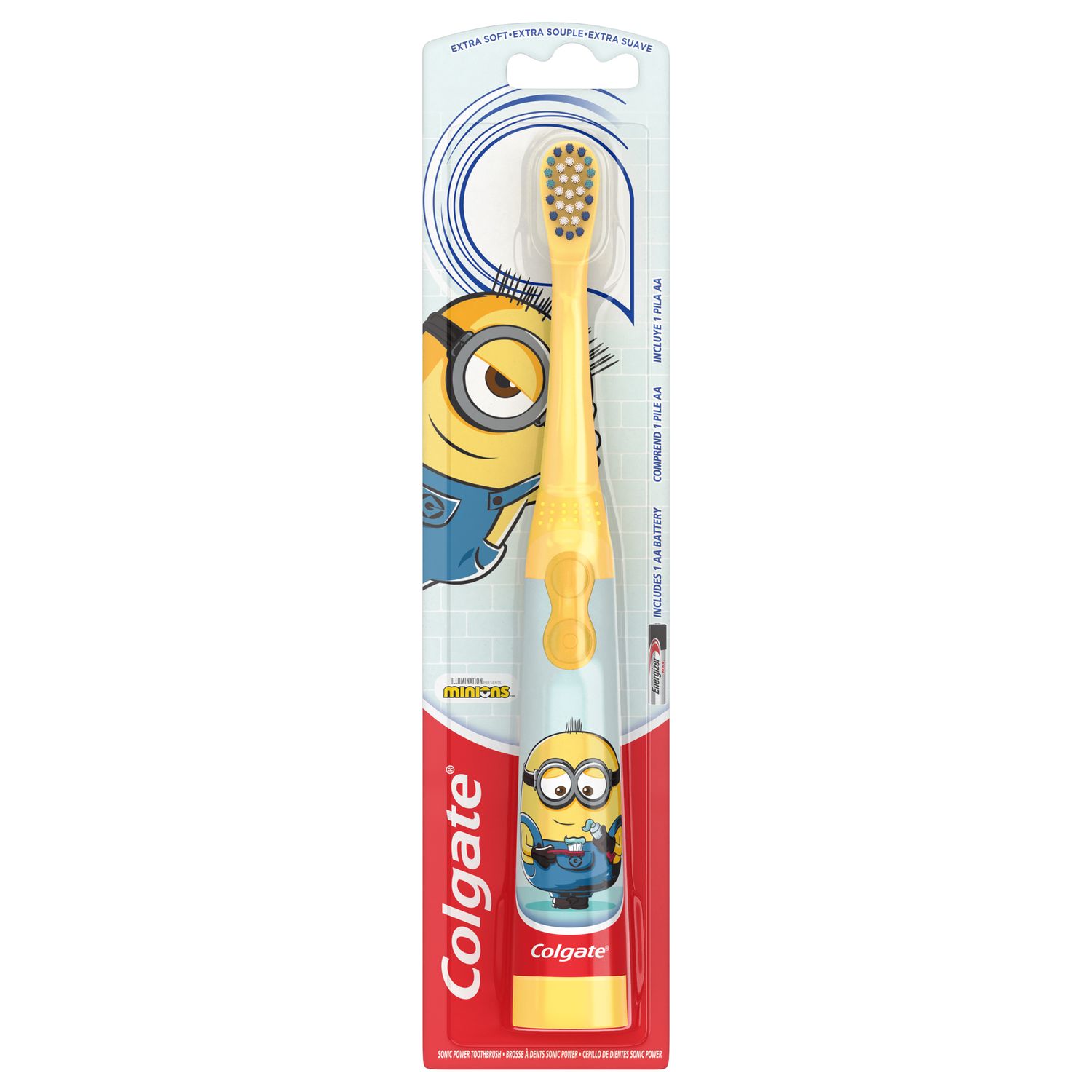What is Toothpaste, and What Does it Do?
It may sound like a silly question since we use it every day. But we think it's a valid thing to consider. Toothpaste comes as a gel, paste, or powder. It's used along with a toothbrush to help remove food debris and plaque from your teeth and gums. Since the inception of toothpaste several thousand years ago, it has evolved considerably - from crushed eggshells to complex formulas with more than 20 ingredients. Different varieties can combat dental caries, gum disease, erosion, dentin hypersensitivity, and more.
What to Look for in Toothpaste for Kids?
When it comes to tooth decay, brushing with fluoride toothpaste is the way to go. Fluoride is a natural mineral that fortifies the hard outer layer of our teeth (known as the enamel), protecting our teeth from decay. In the past, dentists recommended children under the age of 2 use fluoride-free toothpaste. The American Academy of Pediatrics has updated those guidelines to allow for fluoride toothpaste at all ages, provided you use it sparingly under direct parental supervision. It is recommended that you use a “smear” (the size of a grain of rice) of fluoride toothpaste as soon as your baby has teeth. Once they are old enough to spit out the toothpaste you can upgrade it to a pea sized amount.
To help make things better for your kids, look for kid-friendly flavors. Fun flavors like strawberry and watermelon can help your child enjoy the experience of brushing their teeth. Also, note that only a small amount of toothpaste is needed. The American Dental Association (ADA) recommends that children from 0-3 use toothpaste the size of a rice grain and that children 3+ use a pea-sized amount.
Toothpaste as a Weapon Against Cavities
Brushing twice a day with fluoride toothpaste is a proven way to protect and strengthen developing teeth. Teeth naturally go through a demineralization and remineralization process. On the one hand, germs in the mouth produce acids that dissolve our tooth enamel (aka demineralization). On the other hand, fluoride and other minerals in the saliva, like calcium and phosphate, repair the teeth (aka remineralize them). By getting rid of plaque and using a kids' toothpaste with fluoride, you can target the culprits of tooth decay (plaque and germs) while strengthening your child's teeth. To ensure your child is getting the most out of their toothpaste, make sure they brush for a full two minutes. A timer might help make this practice easier.
Other Elements for Better Oral Health
Beyond brushing with the best toothpaste for kids, there's plenty more you can do to help fight childhood cavities. Flossing, sometimes referred to as interdental cleaning, is also essential for cavity protection. Until your child is old enough, usually around age 8, floss for them. This will help remove plaque from around the gumline and between their teeth, where it is hard for a toothbrush to reach. It's also important to supervise their brushing.
In addition, schedule appointments with a pediatric dentist every six months, starting at one year of age. Not only can your dentist give your child a professional cleaning and check for signs of tooth decay, but they can also offer fluoride treatment for extra cavity protection.
Now you know what to look for in toothpaste if your children have cavities. The key is fluoride! To help make oral care more enjoyable for your kids, remember that there are many fun flavor options out there. Always support and supervise your kids with their oral care and make sure they see their dentist regularly. If you do that, they'll be set for having healthy and happy teeth.
FAQ
What causes cavities in children?
A big contributor to cavities in children is improper brushing or poor oral care. Teaching good oral hygiene habits and limiting sugary foods and drinks can help prevent cavities. Tooth decay may also be caused by weak or undeveloped tooth enamel and lower saliva flow than normal.
How can I prevent cavities in my child's teeth?
You can prevent cavities in your child’s teeth by ensuring they practice good oral hygiene habits. This includes brushing with fluoride toothpaste and flossing twice daily. Assist younger children with flossing to help prevent plaque buildup between teeth. Limit sugary snacks and drinks and try sweets with alternative sweeteners that don’t cause cavities such as xylitol or stevia.
What should I look for in a toothpaste for kids with cavities?
You should look for a toothpaste with fluoride to help remineralize and strengthen teeth and avoid further decay and cavities. Also, a toothpaste that comes in a flavor kids enjoy can help motivate them to brush more.
Is fluoride safe for children?
The American Academy of Pediatrics states that fluoride is safe for children when used in small amounts under adult supervision. Since kids brush with parental guidance until they are old enough to spit out toothpaste, the risk of ingesting fluoride in unsafe amounts are considered low.
At what age should children start using fluoride toothpaste?
Past guidelines recommended not using fluoride toothpaste until age 2, however, new guidelines by the American Academy of Pediatrics recommends using fluoride toothpaste as soon as baby’s teeth first erupt. The key is in the amount. Use a smear or rice sized amount until they are old enough to spit it out.
Oral Care Center articles are reviewed by an oral health medical professional. This information is for educational purposes only. This content is not intended to be a substitute for professional medical advice, diagnosis or treatment. Always seek the advice of your dentist, physician or other qualified healthcare provider.
ORAL HEALTH QUIZ
What's behind your smile?
Take our Oral Health assessment to get the most from your oral care routine
ORAL HEALTH QUIZ
What's behind your smile?
Take our Oral Health assessment to get the most from your oral care routine















